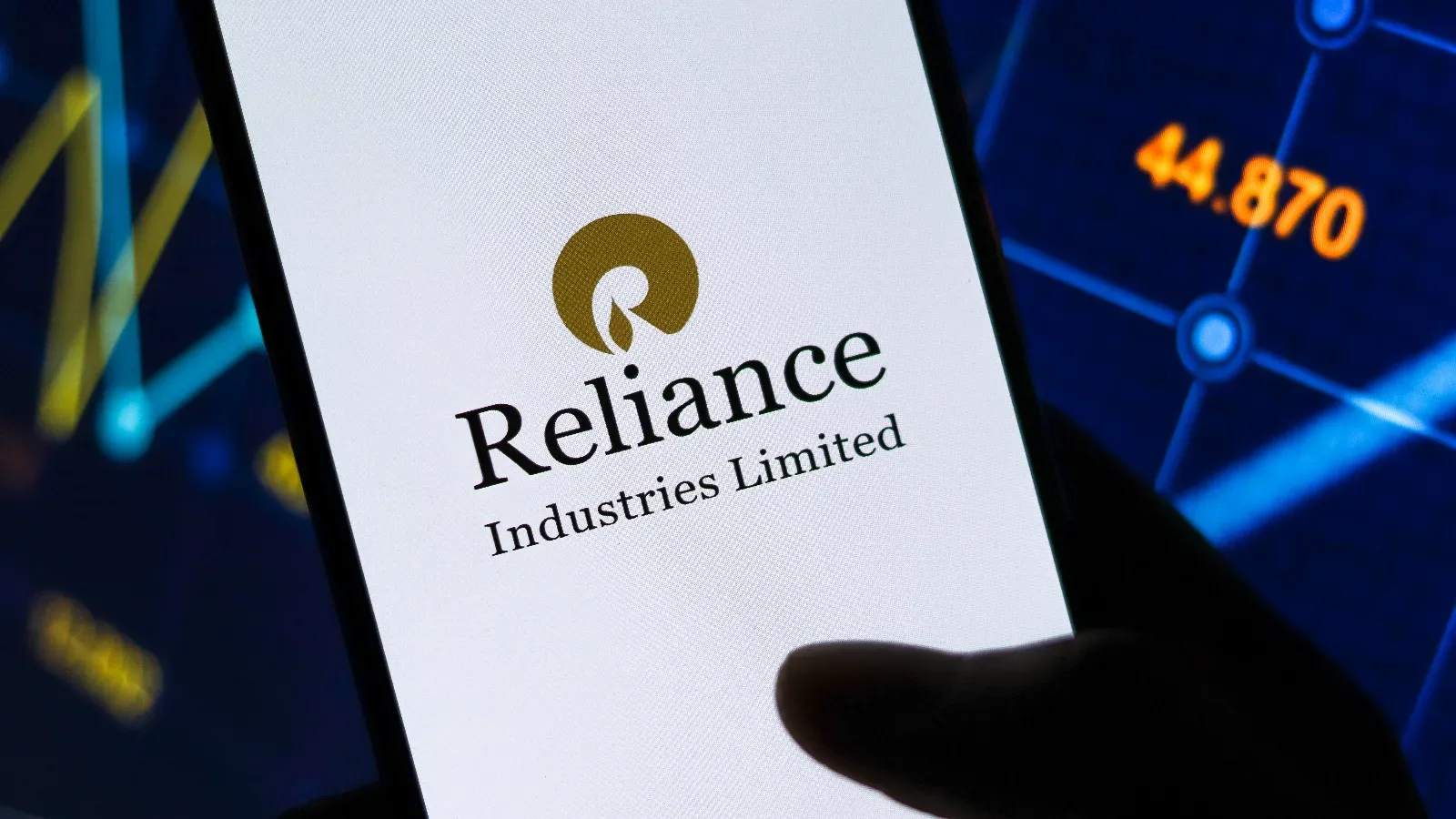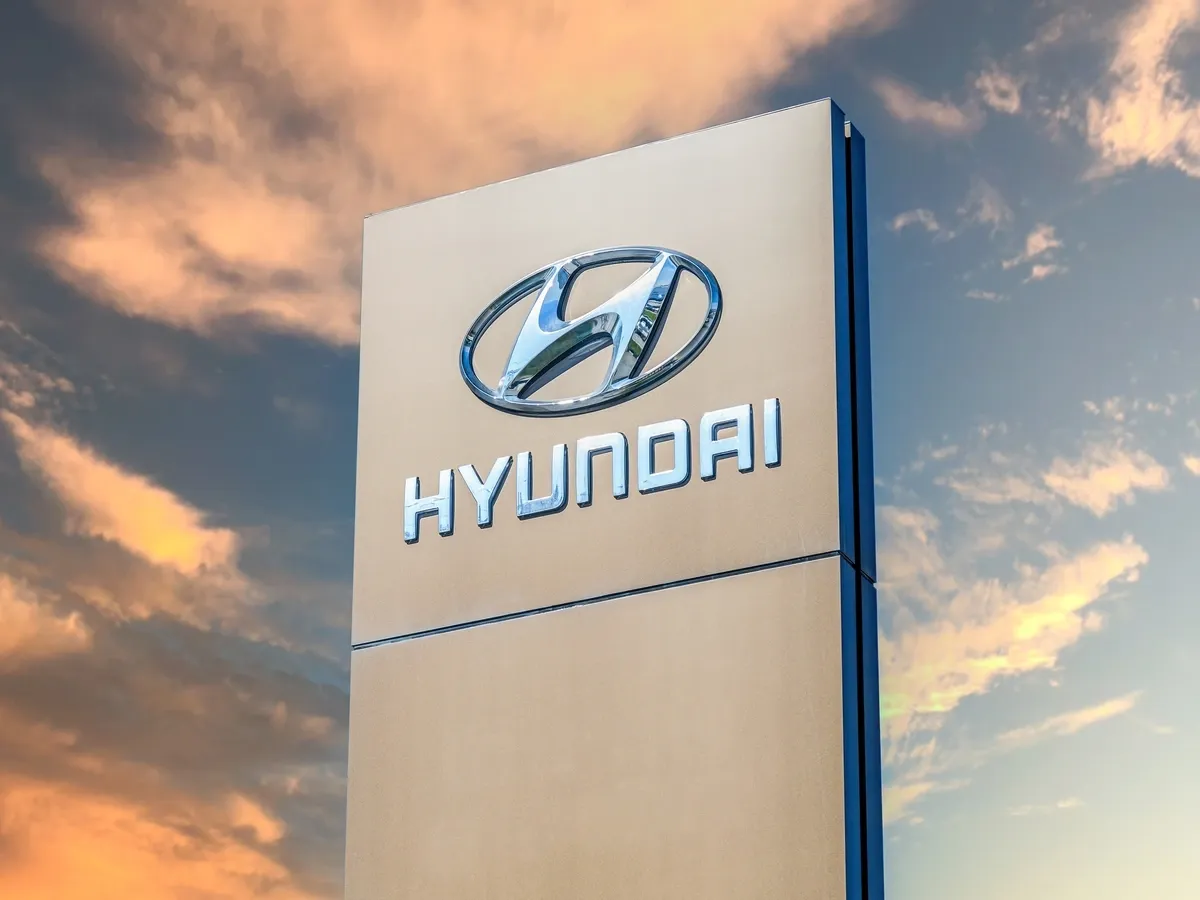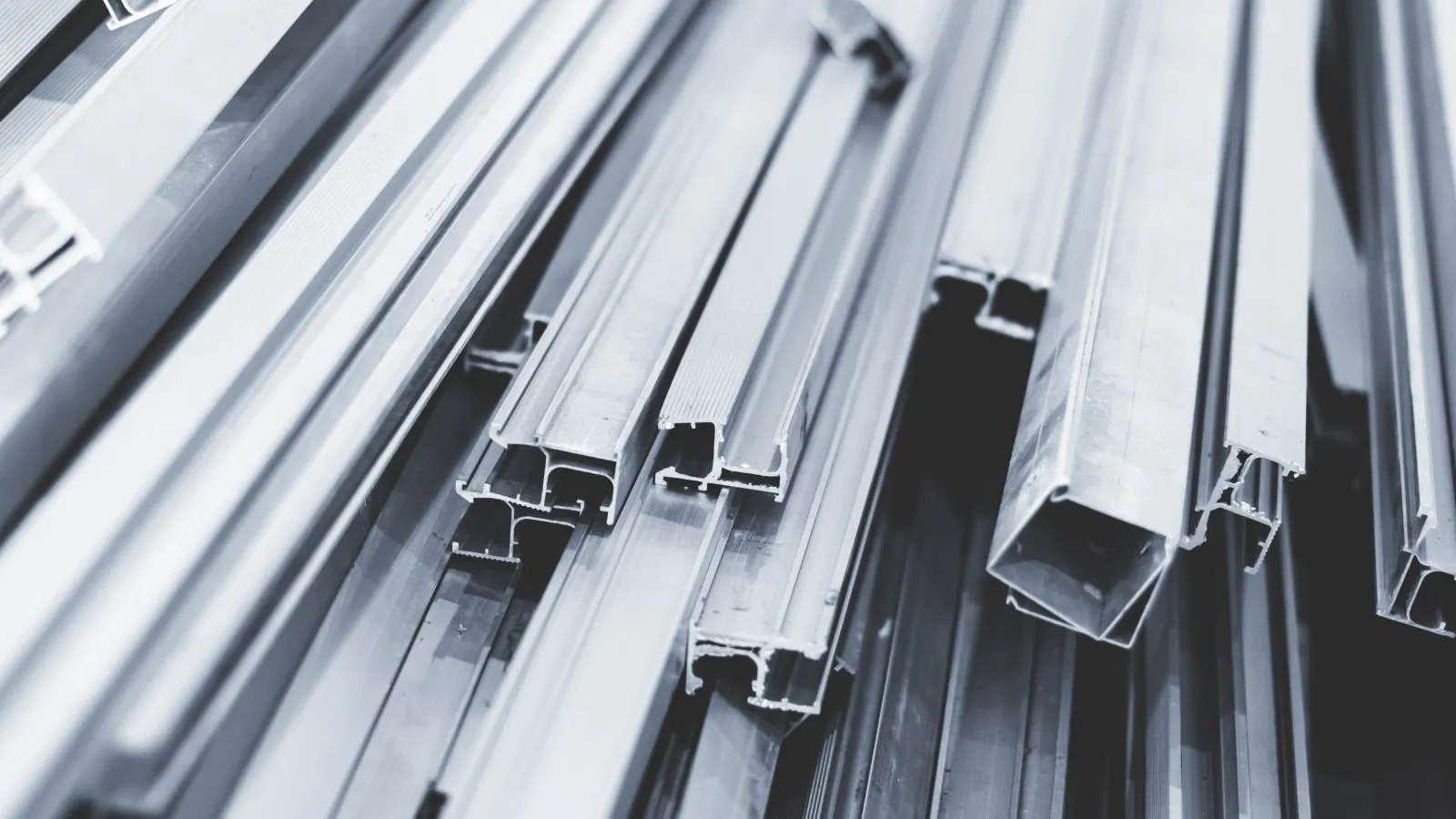Market News
RIL, India's largest buyer of Russian oil, halts use of crude at its export-only refinery in Jamnagar; shares flat
.png)
5 min read | Updated on November 21, 2025, 10:18 IST
SUMMARY
RIL Russian crude oil: The oil-refining complex in Jamnagar is made up of two refineries – one SEZ unit from which fuels are exported to the European Union, the US, and other markets, and an older unit that caters to the domestic market.
Stock list

Shares of RIL have rallied nearly 27% so far in 2025 (year-to-date). | Image: Shutterstock
Reliance is India's largest buyer of Russian oil, which it processes into fuel, such as petrol and diesel, at its giant oil refining complex in Jamnagar.
The complex is made up of two refineries – one SEZ unit from which fuels are exported to the European Union, the US, and other markets, and an older unit that caters to the domestic market.
The European Union – a big market for Reliance – has imposed wide-ranging sanctions targeting Russia's energy revenues, including measures that restrict the import and sale of fuels produced from Russian crude oil.
To comply with these, Reliance has stopped processing Russian crude oil at its only-for-exports (SEZ) refinery.
"We have stopped importing Russian crude oil into our SEZ refinery with effect from November 20," a company spokesperson said in a statement.
As is the case with any large industrial factory, the refinery must have past raw material (crude oil) inventories, which it is currently processing and turning into fuels. Once the old inventory runs out, newer products will only be made from non-Russian oil.
"From December 1, all product exports from the SEZ refinery will be obtained from non-Russian crude oil," the firm said.
"The transition has been completed ahead of schedule to ensure full compliance with product-import restrictions coming into force in January 2026."
What happened last month?
Last month, when the US sanctioned Russia's largest oil exporters – Rosneft and Lukoil – the firm stated that it would meet all applicable restrictions and would adjust its refinery operations to meet compliance requirements.
"We have noted the recent restrictions announced by the European Union, the United Kingdom, and the United States on crude oil imports from Russia and the export of refined products to Europe. Reliance is currently assessing the implications, including the new compliance requirements," Reliance had said on October 24.
Reliance, which operates the world's largest single-site oil refining complex at Jamnagar in Gujarat, purchased about half of the 1.7-1.8 million barrels per day of discounted Russian crude shipped to India.
The company refines the crude into petrol, diesel and aviation turbine fuel (ATF), a large share of which is exported to regions such as Europe and the United States at market prices, generating strong margins.
All this may change after US President Donald Trump imposed sanctions on Open Joint Stock Company Rosneft Oil Company (Rosneft) and Lukoil OAO (Lukoil)—Russia's two largest oil companies that he accuses of helping fund the Kremlin's "war machine" in Ukraine.
Additionally, the European Union has barred the import of fuel made from Russian crude, starting in January 2026.
"We will comply with the EU's guidelines on the import of refined products into Europe," Reliance had said.
On Thursday, the firm said the crude oil import in SEZ is a fully segregated facility catering to the production line in SEZ.
"All pre-committed liftings of Russian crude oil as of October 22, 2025, are being honoured, considering all transport arrangements were already in place."
"The final such cargo was loaded on November 12. Any (Russian) cargoes arriving on or after November 20 will be received and processed at our refinery in the domestic tariff area (DTA)," it said.
"All operational activities ordinarily incident to such oil supply transactions can be completed, we believe, in a compliant way."
Reliance, which has signed a 25-year deal to buy up to 5,00,000 barrels of crude oil per day (25 million tonnes in a year) with Rosneft, has been cutting Russian imports since the US sanctions.
The company has huge business interests in the US and cannot risk attracting scrutiny.
Reliance, which bought an estimated $35 billion worth of Russian oil since the start of the Ukraine war in February 2022, started "recalibration" of its imports soon after the European Union adopted its 18th package of sanctions against Moscow in late July this year.
Recalibration is nothing but moving the import requirement to a different region. And this may get expedited now, industry sources said.
Transactions involving the two sanctioned Russian firms need to be wound down by November 21.
Russia currently supplies nearly a third of India's crude imports, averaging around 1.7 million barrels per day (mbd) in 2025, of which approximately 1.2 mbd came directly from Rosneft and Lukoil.
Most of these volumes were bought by private refiners, Reliance Industries Ltd and Nayara Energy, with smaller allocations to state-owned refiners.
Reliance Industries' stock performance
Shares of the blue-chip company have rallied nearly 27% so far in 2025 (year-to-date).
UBS, in its latest note, said that strength in refining will drive RIL's improvement in O2C earnings. The investment firm added that the Singapore benchmark is not reflecting the current margins of diesel-heavy refiners. "Reliance's diversified crude sourcing limits impact amid geopolitical dynamics," it added.
It said it builds in improvement in O2C EBITDA from ₹295 billion in H1 to ₹340 billion in H2FY26 and further to ₹648 billion in FY27.
Related News
About The Author
Next Story



